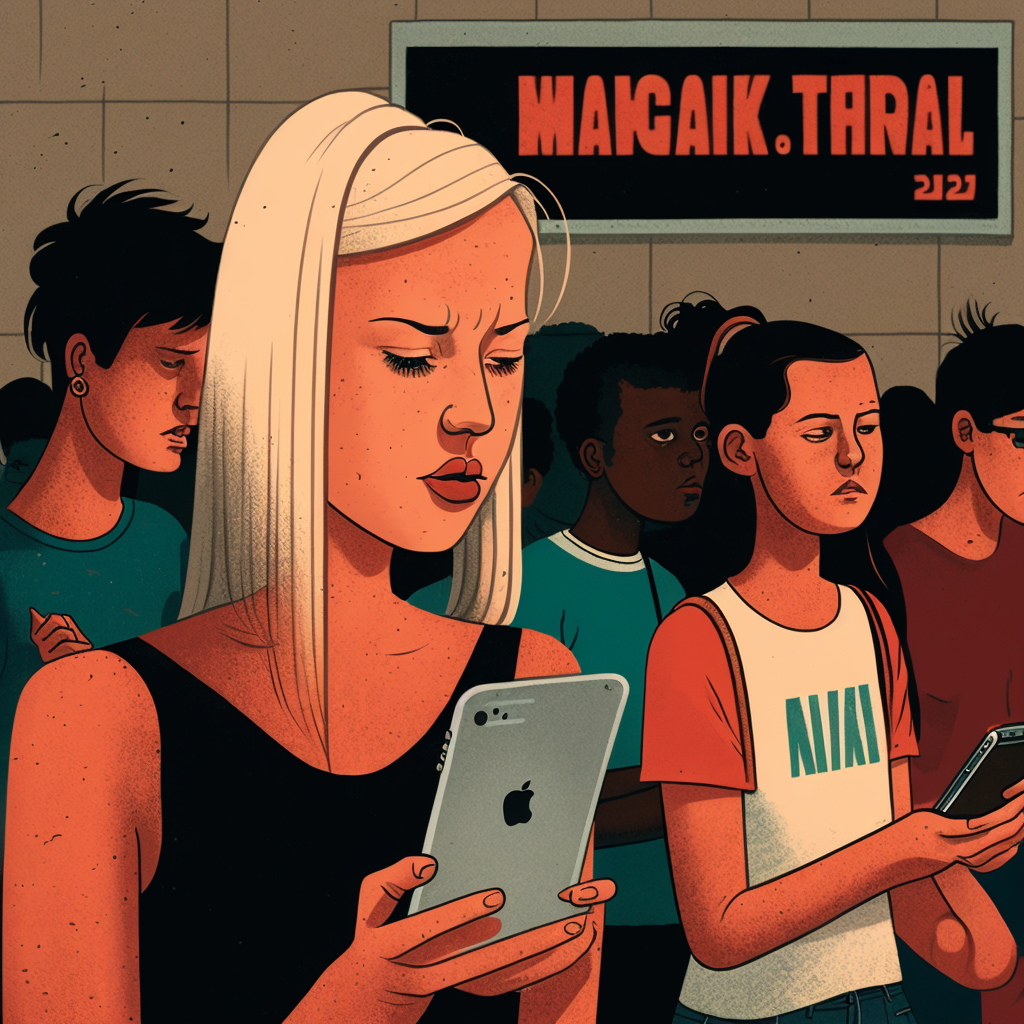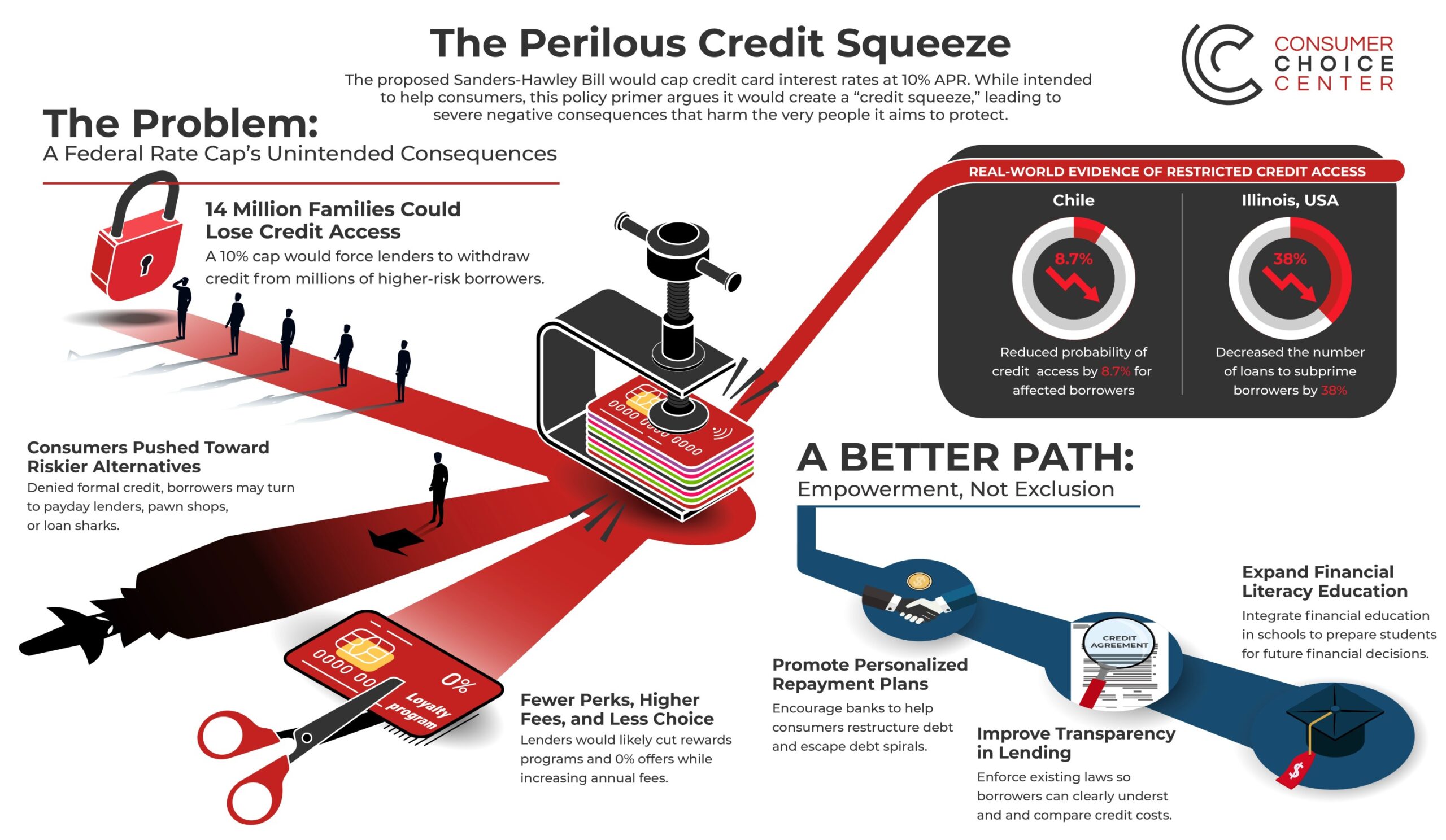
Little Rock, AR – In the name of “online youth safety,” the Arkansas State Legislature this week passed the most draconian age-verification bill for online platforms in the nation, which would require all users under 18 who want to use specific social media platforms to provide exhaustive proof of their age and to seek parental consent.
If signed by Gov. Sanders, SB396 would create a labyrinth of weaponized policies that prevent teens from engaging with friends and family online, would burden future social media upstarts, and would lead to worse precedents that put free speech on the Internet at risk, as well as leading to significant hacker exploits.
Yaël Ossowski, deputy director of the consumer advocacy group Consumer Choice Center, responds:
“Not only does this bill make it more difficult for young people to begin to use the Internet and all the benefits it provides, but it also enshrines into law the idea that governments should pick which social media networks young people can or cannot use rather than parents.
“This bill is paternalistic, sets a terrible precedent for online speech and access, and amounts to nothing more than heavy-handed government control of who is allowed online and when.
“If Gov. Sanders signs this bill, she is aligning with the notion that government should be the final arbiter of whether young people access the Internet at all, and that parents should have diminished say in their kids’ digital lives. That is fundamentally wrong,” said Ossowski.
“The legislation has an exhaustive list of services exempted from these rules — from YouTube to Twitch, Truth Social, and others — demonstrating that instead of trying to “protect kids” writ large, this is nothing more than legislative retribution against certain social media companies, and has more to do with politics than positive discussion on online safety.
“What’s more, by requiring social media websites to collect sensitive photos, IDs, and documentation of Arkansas minors, they are mandating enormous privacy risks that will be a cyberhacker’s dream.
“We as a society should trust that parents have the ultimate right to decide whether or not their children access certain websites or services, not government officials sitting in the state capital,” said Ossowski.
##
The Consumer Choice Center is an independent, non-partisan consumer advocacy group championing the benefits of freedom of choice, innovation, and abundance in everyday life.
We champion smart policies that are fit for growth, promote lifestyle choice, and embrace tech innovation for tens of thousands of our members and society-at-large, using research and educational outreach to policymakers and the broader public. Learn more at consumerchoicecenter.org.




